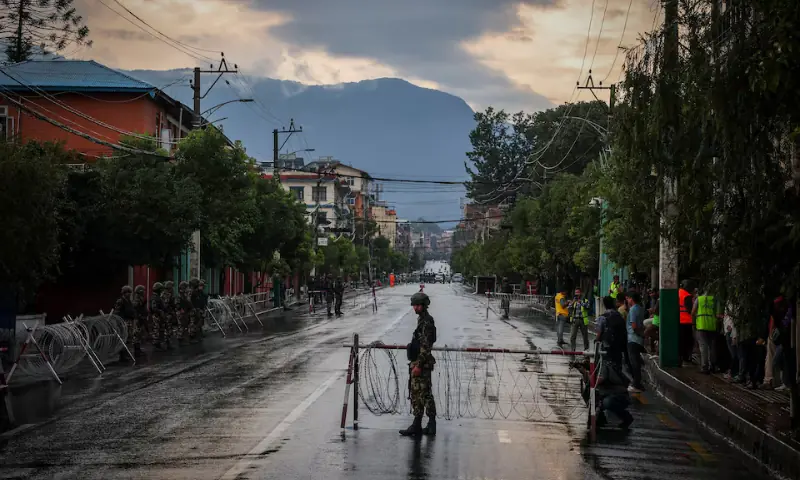Nepal President Dissolves Parliament, Calls Fresh Elections After Protests
Nepal’s President Ramchandra Paudel has dissolved parliament and announced fresh elections for March 5, 2026, following a week of deadly protests that ended with the appointment of the country’s first woman prime minister.
The announcement came shortly after former chief justice Sushila Karki was named interim prime minister. Karki’s appointment follows intense negotiations between the president, army chief Ashok Raj Sigdel, and protest leaders. The protests, led largely by young people, resulted in at least 51 deaths and over 1,300 injuries, marking Nepal’s most violent unrest in years.
The unrest initially began over a social media ban, which has now been lifted. Former Prime Minister KP Sharma Oli resigned on Tuesday amid the nationwide demonstrations.
International Reactions
India welcomed the development, expressing hope for peace and stability in Nepal. Prime Minister Narendra Modi congratulated Karki, saying, “India is fully committed to the peace, progress, and prosperity of Nepal’s brothers and sisters.”
Pakistan’s Prime Minister Shehbaz Sharif also extended congratulations, highlighting the intention to strengthen bilateral ties.
Returning to Normalcy
By Saturday, normal life was gradually returning across the country of 30 million people. Shops reopened, traffic resumed in the capital Kathmandu, and many restrictions imposed during the unrest were lifted.
Ongoing Challenges
Families of the deceased continue to demand martyr status and compensation for their loved ones. Some have refused to collect the bodies until their demands are met, highlighting the sensitive task facing the interim government.
Sumitra Mahat, whose 21-year-old brother Umesh Mahat was killed during the protests, said, “My brother should be declared a martyr, and the government should provide compensation to my parents.” Families have gathered outside the Prime Minister’s residence, seeking justice for the victims.
Nepal has faced political and economic instability since the monarchy was abolished in 2008, with many young people seeking work abroad due to limited opportunities at home. The interim government now faces the dual challenge of restoring stability and preparing for elections in March.

